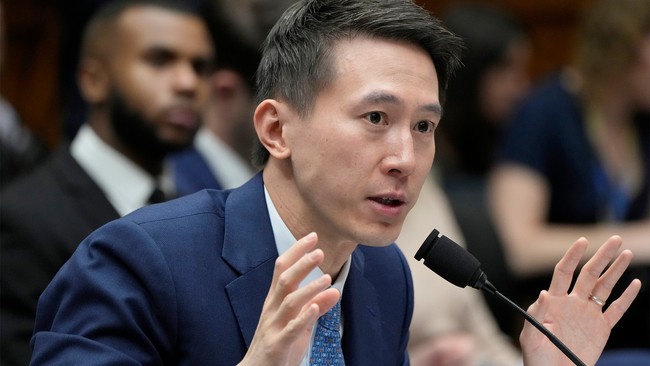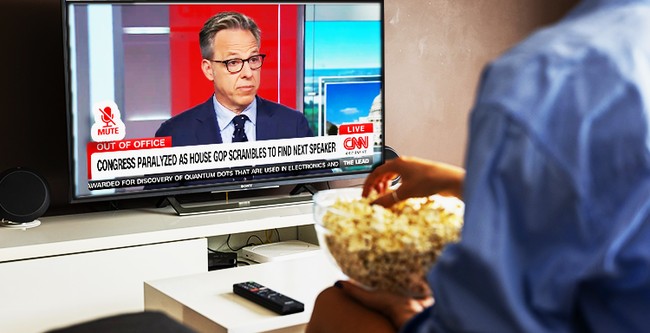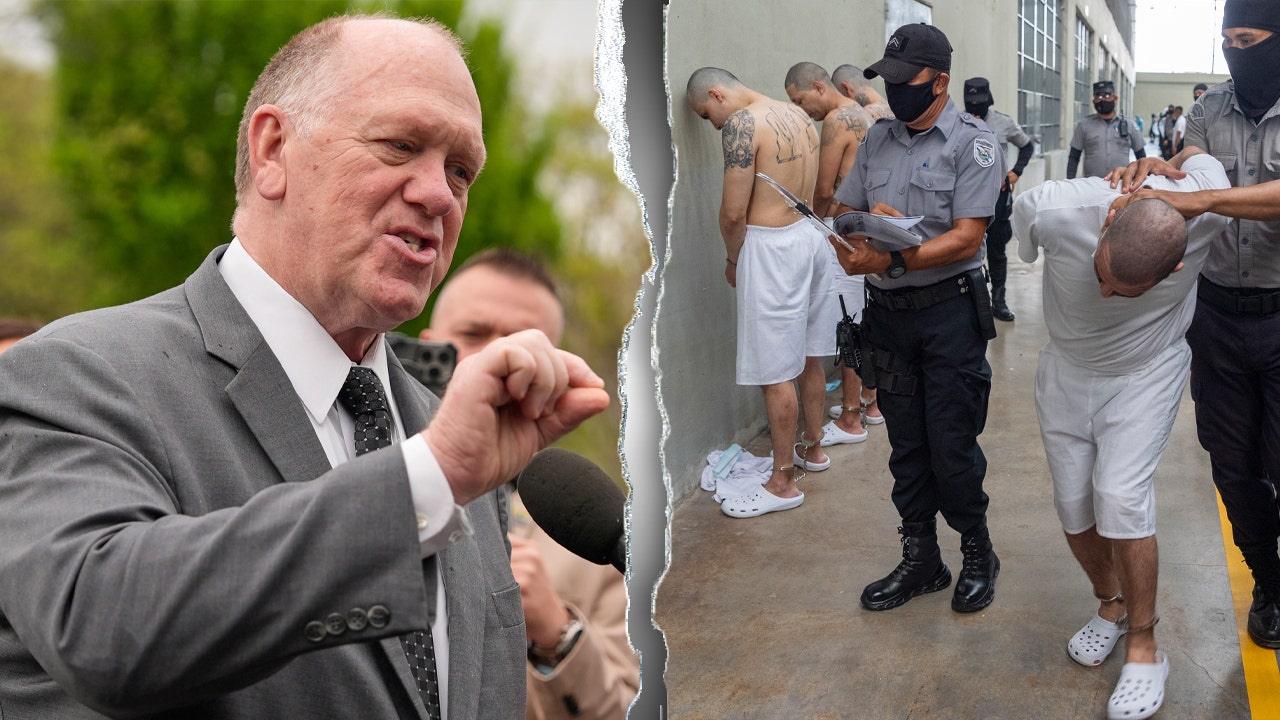The clock is ticking on TikTok’s efforts to stay alive in the US. Ten days ago a federal appears court upheld the law which would ban the app unless the Chinese company that owns it, ByteDance, sells it to an owner who isn’t connected to a hostile foreign government.
In a majority opinion, the U.S. Court of Appeals for the District of Columbia Circuit said, “We recognize that this decision has significant implications for TikTok and its users.” If the platform does not divest, the court said it “will effectively be unavailable in the United States, at least for a time.”
The reasoning for the decision was pretty simple. The First Amendment is designed to protect speech in the US and Congress has decided TikTok’s owner is a potential threat.
“The First Amendment exists to protect free speech in the United States,” Judge Douglas H. Ginsburg wrote for the majority, joined by Judge Neomi Rao. “Here the government acted solely to protect that freedom from a foreign adversary nation and to limit that adversary’s ability to gather data on people in the United States.”
In a concurring opinion, Chief Judge Sri Srinivasan acknowledged that under the law’s ban, “many Americans may lose access to an outlet for expression, a source of community and even a means of income.”
“Congress judged it necessary to assume that risk,” he wrote, “given the grave national security threats it perceived. And because the record reflects that Congress’s decision was considered, consistent with longstanding regulatory practice, and devoid of an institutional aim to suppress particular messages or ideas, we are not in a position to set it aside.”
In a statement after the ruling, TikTok seemed to be hoping for a different result when it appealed the decision to the Supreme Court. Today they filed that appeal.
TikTok on Monday asked the Supreme Court to block a federal law that would shut down the wildly popular platform in the United States next month unless the company divests from Chinese ownership.
The company’s lawyers asked the Supreme Court to put on hold a lower-court ruling that clears the way for the law. They asked the high court to intervene before Jan. 19, the deadline Congress set for TikTok’s China-based parent company, ByteDance, to sell the video-sharing platform or be barred nationwide.
However, the company isn’t leaving this to the court, it is also making its case to president-elect Trump today at Mar-a-Lago.
President-elect Donald Trump is meeting with TikTok CEO Shou Zi Chew on Monday ahead of a possible U.S. ban on the video app, a source familiar with the plans told NBC News.
Trump expressed having “a warm spot” for TikTok at a news conference earlier in the day, saying “we’ll take a look” at the app and a possible ban.
Trump can’t actually do anything about the law in the short term. It will take effect the day before he returns to office. What he could do is ask Republicans in Congress to overturn the law but there’s no guarantee that would work or that it would happen quickly. Meanwhile, app stores will have to pull the app or face fines.
I have no idea what Trump is thinking here. Maybe he’s tempted to try to reverse this simply because it was signed by Biden (though the ban was originally Trump’s idea). Or maybe he’s thinking this is another card he can play in what is looking like a fresh trade war with China, starting with his threat of a 10% tariff.
I really hope he doesn’t go to bat for Byte Dance for two reasons. First, having a Chinese company running one of the leading social media apps in America is a truly terrible idea. Their ability to manipulate the app is guaranteed, especially since they won’t allow anyone to look at exactly how their algorithm works. We don’t need China using TikTok to convince American teenagers to support whatever move they make next.
Second, China doesn’t even allow American social media apps like X to exist in China. So even if you assume China won’t abuse the potential power TikTok gives them over the US populace (a foolish bet), they still shouldn’t be allowed to profit off the First Amendment while denying their own people the same freedoms.
Trump should let it die. Hopefully the Supreme Court will do the same.
Read the full article here




![$100 Billion SoftBank Investment Secured by Trump To Boost Jobs [WATCH] $100 Billion SoftBank Investment Secured by Trump To Boost Jobs [WATCH]](https://www.lifezette.com/wp-content/uploads/2024/10/2024.10.31-03.08-lifezette-67239d6ad2ade.jpg)
![WrestleMania Superstar Roman Reigns Shocks Leftist Fans With Pro-Trump Comments [WATCH] WrestleMania Superstar Roman Reigns Shocks Leftist Fans With Pro-Trump Comments [WATCH]](https://www.boredtrashpanda.com/wp-content/uploads/2025/04/2025.04.20-07.08-boredtrashpanda-68049d641d78c.jpg)




